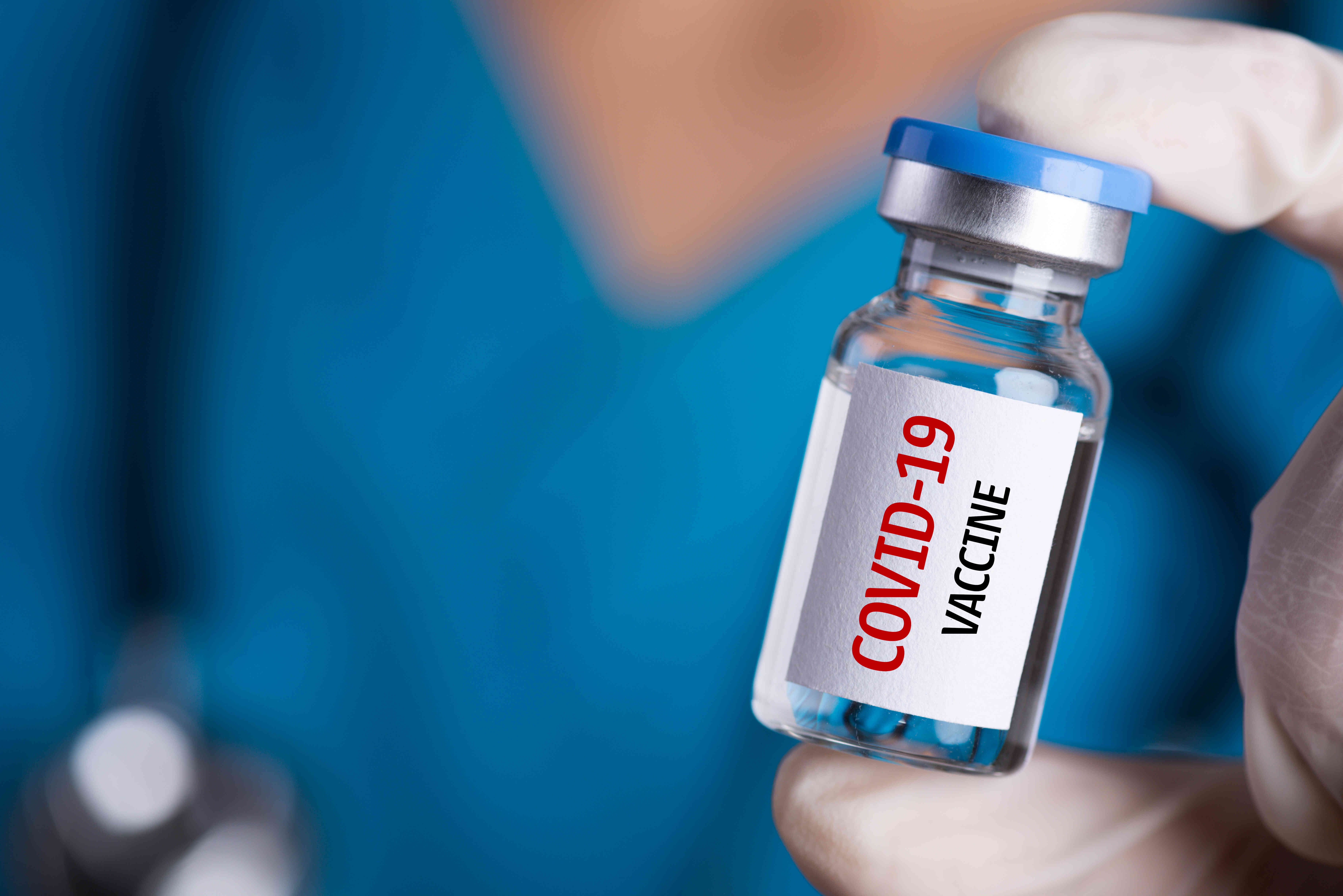Header Section
Covid-19 Vaccination
Difference between an “additional dose” and a “booster dose”?
For Covid vaccination, An “additional dose” is a third dose of an mRNA vaccine given to people who are moderately to severely immunocompromised, because they may not have received adequate protection from their initial 2-dose series. These people should receive their additional dose at least 28 days after a second dose of Pfizer or Moderna vaccine.
A “booster dose” is a supplemental vaccine dose given to people when the immune response to a primary vaccine series is likely to have waned over time. Boosters are expected to be available beginning in the fall of 2021.
Are you currently offering booster shots?
Yes. Currently, booster doses are recommended for Pfizer and Moderna only.
Should my additional dose of the mRNA vaccine come from the same brand (same manufacturer) as my initial vaccine series? Or, can I mix and match?
Your additional dose should be from the same vaccine brand (manufacturer) as your initial vaccine series. However, if the mRNA vaccine you got for the first two doses is not available, you can get the other mRNA vaccine.
Do I need a doctor’s note to get an additional dose if I am immunocompromised? Do I have to get the additional dose from the same provider who gave me my initial mRNA vaccine series?
If you are immunocompromised, you may talk to your healthcare provider about whether an additional dose is appropriate for you, but you are not required to do so. You do not need a doctor’s note or referral and can “self-attest” to receive the additional dose wherever mRNA vaccines are offered. However, it is best that your additional dose is the same brand (Pfizer or Moderna) as your initial vaccine series.
Do I need to get vaccinated if I’ve already recovered from COVID-19?
Yes. You should be vaccinated regardless of whether you already had COVID-19. That’s because experts do not yet know how long you are protected from getting sick again after recovering from COVID-19. Immunity from the COVID-19 vaccine may last longer than the natural immunity you get if you’ve already had COVID-19.
People who currently have COVID-19 should not be vaccinated while they are sick.
Will the COVID-19 vaccine be one or two shots? How long after the first dose do I take the second one?
The number of doses needed depends on which vaccine you receive:
- It’s best to get the Moderna second dose 4 to 6 weeks after the Moderna first dose.
- J&J/Janssen COVID-19 vaccine requires only one dose.
Do I have to get the second dose from the same location I got the first dose? My provider doesn’t know when they’ll get another vaccine shipment.
You do not have to get your second dose from the same location as you got the first dose. However, if you need to locate a second dose, be sure it’s from the same manufacturer and is in the recommended dose interval.
If I got the first of a two-dose vaccine but I’m unable to get the second dose within the recommended timeframe, do I have to start all over?
No, you do not have to start all over. Missing the suggested interval delays full protection. But you can still get the second dose later if you have difficulty getting it within the recommended time. Just don’t get it earlier than recommended.
- It’s best to get the Pfizer second dose 3 to 6 weeks after the Pfizer first dose.
- It’s best to get the Moderna second dose 4 to 6 weeks after the Moderna first dose.
- J&J/Janssen COVID-19 vaccine requires only one dose.
For two-dose vaccines, you should get your second shot as close to the recommended 3-week or 1-month interval as possible. However, there is no maximum interval between the first and second doses for either vaccine. You should not get the second dose earlier than the recommended interval.
Does the vaccine I choose depend on my age or underlying conditions?
Pfizer vaccine is recommended for people 12 years old and older.
Moderna vaccine is recommended for people 18 years old and older.
J&J vaccine is recommended for people 18 years old and older.
Can I get the COVID-19 vaccine if I have COVID-19?
No. People with COVID-19 who CURRENTLY have symptoms should wait to be vaccinated until they have recovered from their illness and this guidance also applies to people who get COVID-19 before getting their second dose of vaccine.
How are the COVID-19 vaccines different from other vaccines?
Currently, there are three main types of COVID-19 vaccines that are authorized and recommended,
- mRNA vaccines
- Protein subunit vaccines
- Vector vaccines
The Pfizer and Moderna vaccines are both mRNA vaccines. Johnson & Johnson’s (J&J) Janssen vaccine is a vector vaccine.
COVID-19 vaccines do not use the live virus and cannot give you COVID-19. The vaccine does not alter your DNA.
When am I considered fully vaccinated?
You are considered fully vaccinated two weeks after your second dose on two-dose vaccines and 2 weeks after your single dose on one-dose vaccines.
